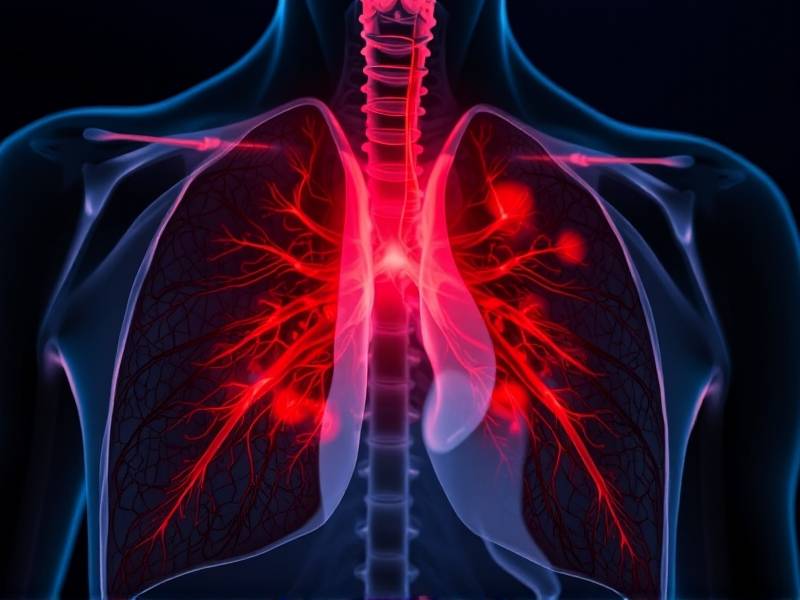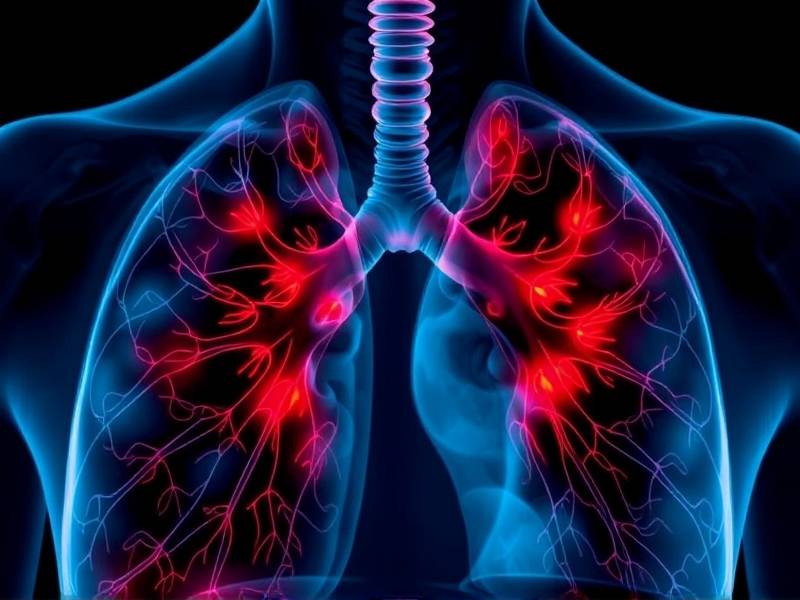Can Emphysema Get Better If You Quit Smoking?
Can Emphysema Improve with Smoking Cessation?
Introduction: Emphysema is a chronic lung disease that affects millions of people worldwide. It's characterized by the destruction of lung tissue, leading to symptoms like shortness of breath, coughing, and chest tightness. One of the most common causes of emphysema is smoking. But can emphysema get better if you quit smoking? Let's delve into this question and explore the potential benefits of quitting.
Understanding Emphysema: Emphysema occurs when the air sacs in your lungs become damaged and lose their elasticity. This damage makes it difficult for air to flow out of your lungs, leading to symptoms like shortness of breath and coughing. The disease typically progresses slowly over time, and quitting smoking can help slow down its progression.

The Impact of Smoking on Emphysema: Smoking is the leading cause of emphysema. When you smoke, harmful chemicals enter your lungs, damaging the air sacs and causing inflammation. Over time, this damage leads to the characteristic symptoms of emphysema.
Can Quitting Smoking Help? Yes, quitting smoking can help improve emphysema symptoms in several ways:

-
Slowing Disease Progression: By eliminating exposure to harmful chemicals, quitting smoking can help slow down the progression of emphysema.
-
Improving Lung Function: Quitting smoking can lead to improvements in lung function over time as your lungs begin to heal from the damage caused by smoking.
-
Reducing Risk of Complications: Quitting smoking reduces your risk of developing complications associated with emphysema, such as chronic bronchitis and respiratory infections.
-
Enhancing Quality of Life: Many individuals who quit smoking report an improvement in their overall quality of life, including reduced symptoms and increased energy levels.
Strategies for Quitting Smoking: Quitting smoking can be challenging, but there are various strategies that can help:
-
Seek Professional Help: Consult with a healthcare professional or a certified tobacco-cessation specialist who can provide personalized advice and support.
-
Use Medications: There are several medications available that can help reduce withdrawal symptoms and cravings when quitting smoking.
-
Join Support Groups: Connecting with others who are also trying to quit smoking can provide motivation and emotional support throughout your journey.
-
Identify Triggers: Recognize situations or emotions that trigger your urge to smoke and develop strategies to cope with them effectively.
Conclusion: In conclusion, quitting smoking is an essential step towards improving emphysema symptoms and slowing down disease progression. While it may not reverse all damage caused by years of smoking, it offers significant benefits for individuals with emphysema looking to enhance their quality of life. If you're struggling with quitting, remember that seeking professional help and adopting effective strategies can make all the difference in achieving success.
